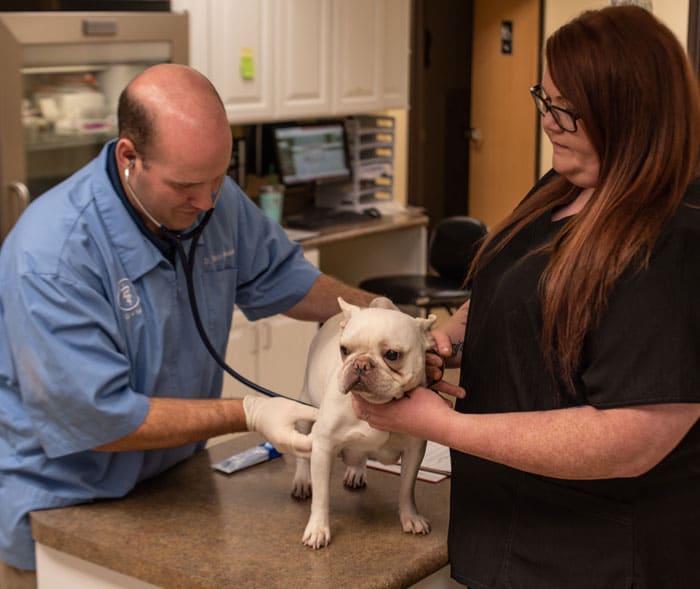When it comes to the health, well-being and care of animals, there are two main recognized concepts – animal welfare and animal rights. Regardless of which of these ideologies anyone’s personal values or beliefs align with most, it is important to know the purpose and differences of each for a deeper understanding of how animals are cared for in our society.
What is animal welfare?
According to the American Veterinary Medical Association (AVMA), “animal welfare means how an animal is coping with the conditions in which it lives.” Within the framework of animal welfare, the focus is on the overall quality of life of an animal, ensuring that its mental and physical needs are met.
A good state of animal welfare is indicated by scientific evidence on a myriad of aspects ranging from, but not limited to:
Nutrition
Environment
Health
Behavior
Management
Responsible care
Humane euthanasia, when necessary
Under this concept, the historical and existing relationship between humans and animals or animal products is considered – such as use of animals for food, goods, services, etc. – and principles for the animal welfare care standards are applied. The AVMA and its members offer the following eight principles for determining and implementing animal welfare approaches:
- “The responsible use of animals for human purposes, such as companionship, food, fiber, recreation, work, education, exhibition, and research conducted for the benefit of both humans and animals, is consistent with the Veterinarian’s Oath:
‘Being admitted to the profession of veterinary medicine, I solemnly swear to use my scientific knowledge and skills for the benefit of society through the protection of animal health and welfare, the prevention and relief of animal suffering, the conservation of animal resources, the promotion of public health, and the advancement of medical knowledge. I will practice my profession conscientiously, with dignity, and in keeping with the principles of veterinary medical ethics. I accept as a lifelong obligation the continual improvement of my professional knowledge and competence.’
- Decisions regarding animal care, use, and welfare shall be made by balancing scientific knowledge and professional judgment with consideration of ethical and societal values.
- Animals must be provided water, food, proper handling, health care, and an environment appropriate to their care and use, with thoughtful consideration for their species-typical biology and behavior.

- Animals should be cared for in ways that minimize fear, pain, stress, and suffering.
- Procedures related to animal housing, management, care, and use should be continuously evaluated, and when indicated, refined or replaced.
- Conservation and management of animal populations should be humane, socially responsible, and scientifically prudent.
- Animals shall be treated with respect and dignity throughout their lives and, when necessary, provided a humane death.
- The veterinary profession shall continually strive to improve animal health and welfare through scientific research, education, collaboration, advocacy, and the development of legislation and regulations.”
What are animal rights?
While welfare focuses on the quality of life of animals with consideration to the relationship between humans and animals, the principles of animal rights philosophies differ in that they do not support the use of animals by humans for any reason – food, clothing, entertainment, experimentation, and in some cases, even as pets.
Animal rights beliefs strive to separate animals from inanimate objects and maintain that any non-human animal should be given rights that are protected just as humans have protected rights. The ability for an animal to live a full life of their own choosing is a keystone component of this philosophy, along with an understanding and acknowledgment that animals are more emotional, intelligent, and sensitive than humans historically have believed.
Beyond the life of the animal itself, animal rights concepts can also extend to the human destruction of animal habitats. If the environments in which animals live are destructed by humans, this impedes the animal’s ability to freely choose the life they would naturally choose to lead.
While there are no current laws giving animals the freedom of choice that would align with the ideologies of animal rights, activists have campaigned since the 17th century to bring awareness of the concept and to advocate for change in animal practices, particularly in the exploitation of animals.
While the two concepts of animal welfare and animal rights differ in their approach to human-animal interaction, both represent the values and belief systems of large portions of the world population and are important concepts to be knowledgeable and aware of in the animal care industry. As a veterinary clinic that is committed to compassion and grounded in science, we take our oath as doctors to protect animal health and welfare extremely seriously, and we’re dedicated to the education of our clients and public on these matters as well.



